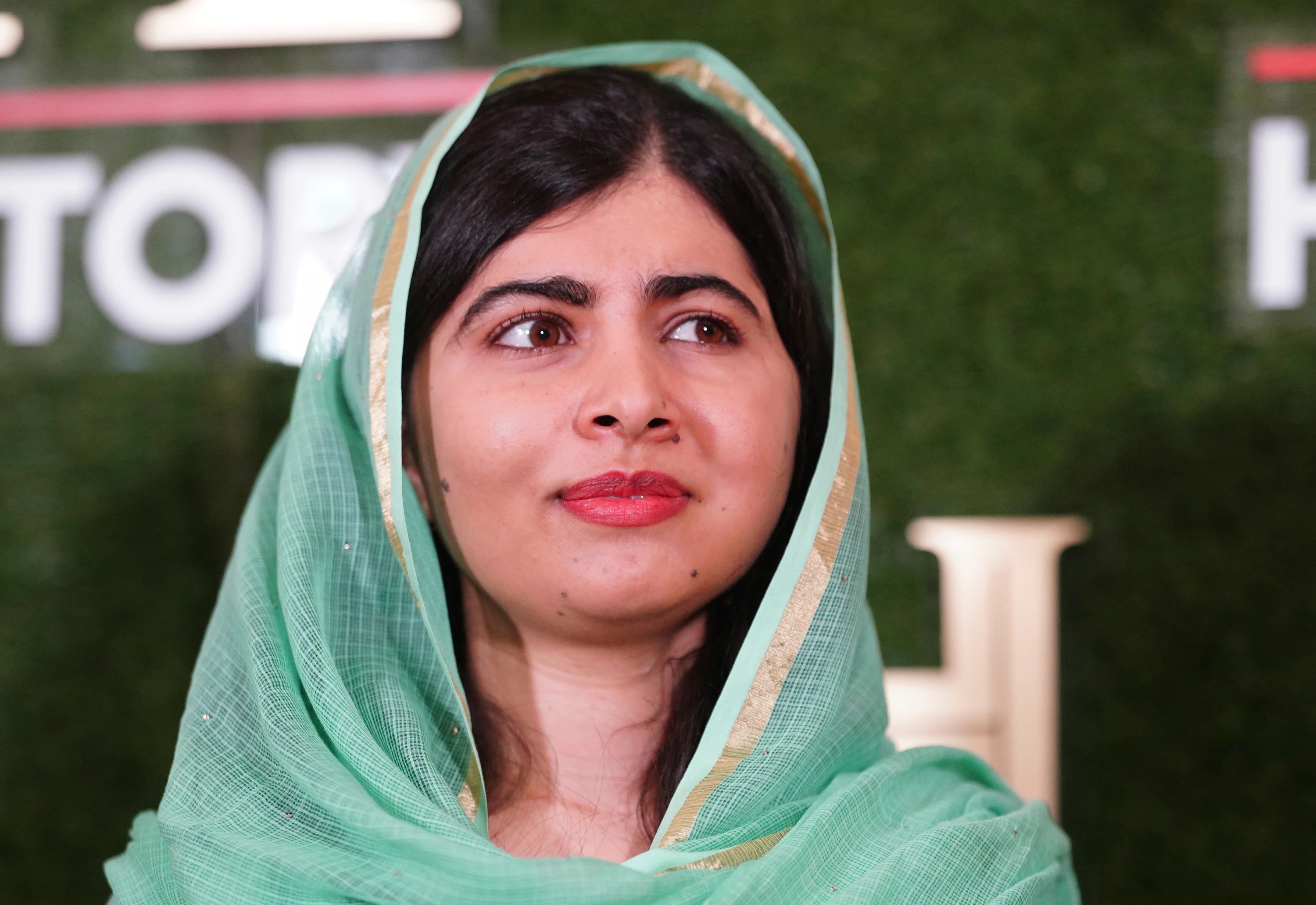Malala Yousafzai, the youngest Nobel Prize laureate, is not only an advocate for girls' education but also a prominent figure in global discussions about equity and justice. Her story of resilience after surviving a Taliban assassination attempt has inspired millions around the world. While many are familiar with her activism, questions often arise about her financial earnings and how her status as a public figure influences her income. In this article, we will explore Malala Yousafzai's financial journey, including how much she gets paid for her speaking engagements, book deals, and other ventures.
Understanding Malala's financial landscape requires a look at various aspects of her career. From her early activism to becoming a celebrated author and speaker, her journey has not only shaped her identity but also contributed to her financial success. Additionally, we will delve into the factors that affect the payments she receives for her public appearances and projects, as well as the broader implications of her financial success on her mission for education worldwide.
Ultimately, this article aims to provide a comprehensive overview of how much Malala Yousafzai gets paid, backed by credible data and insights. By examining her earnings, we can gain a better understanding of the intersection between activism and financial viability, especially in the context of her significant contributions to society.
Table of Contents
- Biography of Malala Yousafzai
- Early Life and Activism
- Malala's Financial Earnings
- Earnings from Speaking Engagements
- Book Deals and Royalties
- Philanthropic Involvement and Impact
- Public Perception of Malala's Earnings
- Conclusion
Biography of Malala Yousafzai
Malala Yousafzai was born on July 12, 1997, in Mingora, Pakistan. She gained international recognition after she stood up against the Taliban's efforts to deny girls education. Her activism began at a young age, and in 2012, she was targeted and shot by a Taliban gunman for her outspoken views on education. After her miraculous recovery, Malala continued her advocacy on a global scale.
| Personal Data | Details |
|---|---|
| Name | Malala Yousafzai |
| Date of Birth | July 12, 1997 |
| Nationality | Pakistani |
| Occupation | Activist, Author, Speaker |
| Awards | Nobel Peace Prize (2014) |
Early Life and Activism
Malala's passion for education was ignited by her father, who ran a school in their hometown. At the age of 11, she began writing a blog under a pseudonym for the BBC Urdu, detailing her life under Taliban rule and her desire for education. This blog brought her to the forefront of activism, and as she became more vocal, she drew both supporters and threats from those opposed to her views.
Malala's Financial Earnings
Now a global icon, Malala Yousafzai has diversified her income through various channels. Her earnings can be categorized primarily into speaking engagements, book deals, and other ventures related to her activism.
Speaking Engagements
Malala is a sought-after speaker at international conferences, educational institutions, and corporations. Her speaking fees can range significantly based on the event and audience. Reports indicate that she can command between $100,000 to $200,000 for a single speaking engagement. The demand for her insights on education and social justice has only increased since she received the Nobel Prize.
Book Deals and Royalties
Malala's autobiographical book, "I Am Malala," co-written with Christina Lamb, has been a bestseller worldwide. The book's success not only generated substantial royalties but has also led to additional book deals and projects. Estimated earnings from her book deals have reached over $1 million. She has also published a children's book, "Malala's Magic Pencil," which has further contributed to her financial success.
Philanthropic Involvement and Impact
While Malala's earnings are significant, her commitment to philanthropy cannot be overlooked. She co-founded the Malala Fund, which advocates for girls' education globally. The fund aims to empower girls through education and has funded numerous projects around the world.
Public Perception of Malala's Earnings
The public's perception of Malala's financial success is mixed. While many celebrate her achievements and view her earnings as a validation of her impact, some criticize the idea of a social advocate profiting from their activism. This dichotomy raises important questions about the sustainability of activist careers and the balance between financial success and genuine advocacy.
Conclusion
In conclusion, Malala Yousafzai's financial journey reflects the intersection of activism and earnings. From her speaking engagements to book deals, her financial success is a testament to her influence and dedication to education. However, it is essential to recognize the impact of her work beyond monetary value, as she continues to inspire and advocate for girls' rights globally. We encourage readers to reflect on the significance of financial success in activism and consider supporting causes that resonate with them.
We invite you to share your thoughts on Malala's journey and financial success in the comments below. If you found this article informative, please share it with others or explore more articles on our site for deeper insights into impactful figures like Malala Yousafzai.
Article Recommendations


